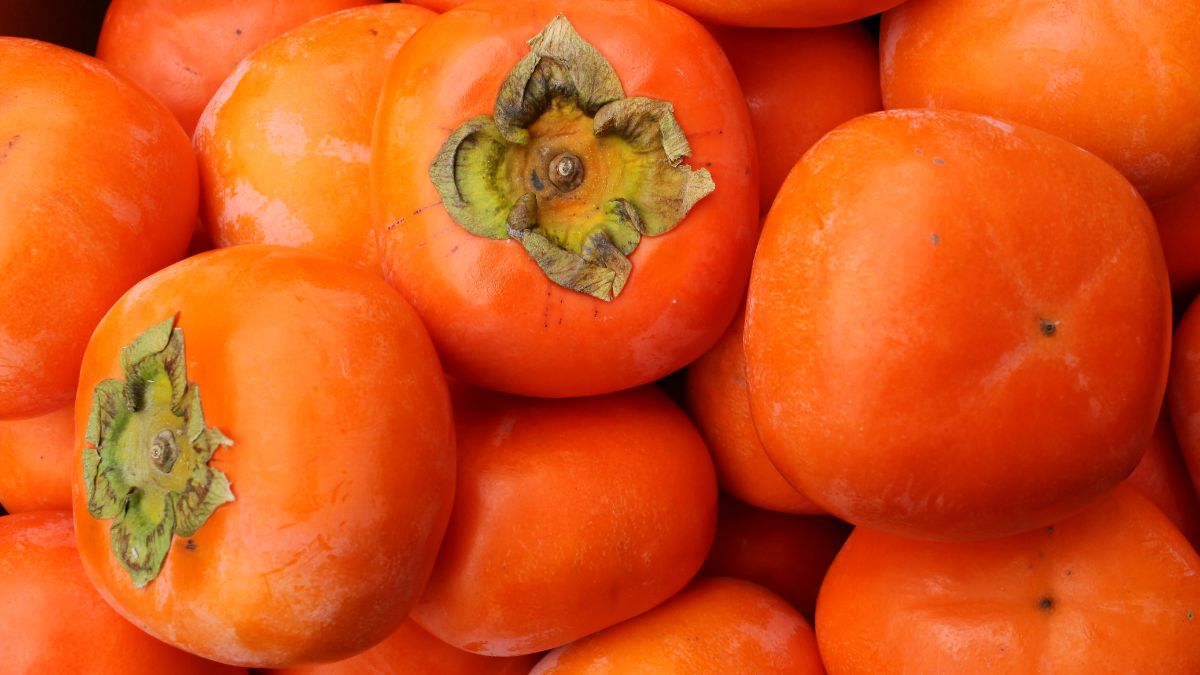Short Answer: If you accidentally eat an unripe persimmon, you will feel a dry, chalky, and sour sensation in your mouth and throat, and you may have digestive problems or other complications.
A persimmon is a type of fruit that grows on a tree and has a sweet and mellow flavor when ripe.
It has a round or oval shape and a deep orange or yellow color.
There are two main types of persimmons: American and Oriental.
American persimmons are native to southern and eastern regions of the United States and have a smaller and softer fruit than Oriental persimmons, which are more common in Asia and other parts of the world.
If you accidentally eat an unripe persimmon, you will not have a pleasant experience.
An unripe persimmon is full of tannins, which are compounds that give it a strong astringency that is best described as dry, chalky, and intensely sour.
You may feel a bitter and puckering sensation in your mouth and throat, and your saliva may become thick and sticky.
You may also have difficulty swallowing or breathing, and you may experience nausea, vomiting, or diarrhea.
This is because the tannins in the unripe persimmon react with the proteins in your saliva and form a gel-like substance that coats your mouth and throat.
This substance is called persimmon bezoar or phytobezoar, and it can block your digestive tract and cause serious complications if not treated.
Tannins can also interfere with the absorption of iron and other minerals in your body, and cause damage to your liver and kidneys if consumed in large amounts.
Tannins can have some positive effects, such as acting as antioxidants, anti-inflammatory agents, and antimicrobial agents.
However, these effects are only beneficial when the tannins are consumed in moderate amounts and in combination with other nutrients.
When the tannins are consumed in excess and in isolation, they can have harmful effects on your health.
It is quite uncommon to eat an unripe persimmon, because most people can tell the difference between a ripe and an unripe fruit by looking at its color and texture.
A ripe persimmon will have a strong orange color and a soft texture, but not too soft, almost like a good tomato or plum.
An unripe persimmon will have a pale or greenish color and a hard and firm texture, almost like an apple or a pear.
You can try to remove the astringency of an unripe persimmon by freezing it, peeling it, or soaking it in salt water, alcohol, or vinegar.
These methods will break down some of the tannins and make the fruit more edible.
However, these methods will also change the taste and texture of the fruit, and it may not be as delicious as a ripe persimmon.
If you have already eaten an unripe persimmon and you feel any discomfort or symptoms, you should drink plenty of water to flush out the tannins and seek medical attention if the symptoms persist or worsen.
To avoid accidentally eating an unripe persimmon, you should always check the color and texture of the fruit before buying or eating it.
You should also store the fruit at room temperature and away from other fruits that emit ethylene, such as bananas, apples, or avocados.
Ethylene is a gas that can speed up the ripening process of some fruits, but it can also cause the persimmon to rot before it becomes sweet.
You can also use a paper bag to ripen the persimmon faster, but you should check it regularly to avoid over-ripening.
Read Next
Finally, remember, a persimmon is a delicious and nutritious fruit that can be enjoyed in many ways, such as fresh, dried, cooked, or baked.
However, you should always make sure that the persimmon is ripe and sweet before eating it, and avoid eating an unripe persimmon that can cause unpleasant and potentially dangerous effects.

